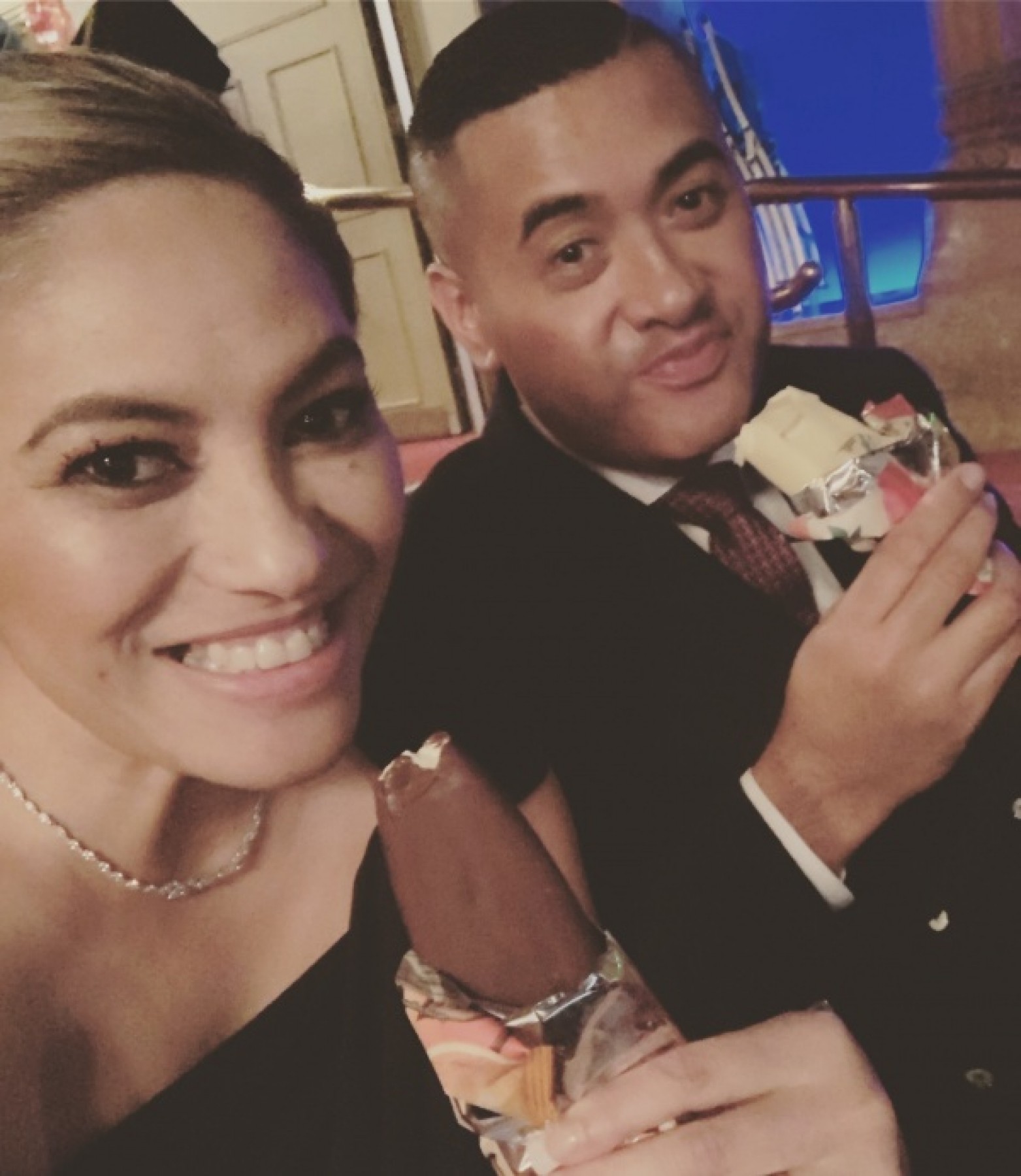If you’ve ever watched the popular TVNZ show The Casketeers, you know Francis and Kaiora Tipene treat each whānau that comes into their funeral home like a member of their own extended family.
But, in the new Covid-19 world, that’s one of many, many parts of life that has had to change.
“Our style is very manaaki, very caring, and we’re huggy people,’ Kaiora Tipene says. “Now, we can’t practise that. And that changes things. This whole lockdown has gone against what we’re all about.”
In all the years since they have run their business, there’s never been a situation like Covid-19. The Tipenes pride themselves on having the grieving whānau involved in as much of the funeral or tangi celebrations as they want; be it in preparing the bodies for burial or in the sheer size of the events they were able to organise. But the rules of lockdown and social distancing have meant changing how every aspect of their job is done.
“It’s tested our profession, it’s tested me as a person,” Kaiora says. “And you do get personally involved. You’ve had a connection with the whānau, and it becomes challenging when you have to be the bearer of bad news, again.”
When the initial rules of level two lockdown meant no changes from level three in terms of funerals, it’s fair to say the Tipenes were devastated.
“Those families that have been in our care since week one of lockdown are still in our care, and they’re the ones who we feel for, who have been waiting and waiting so they can celebrate the life of their loved one, outside of their bubble. I just feel aroha for them,” Kaiora says.
Now that the rules have been softened slightly, it will give more families more possibilities when it comes to saying their final goodbye. But for families who had to bury loved ones during the lockdown, it was extremely difficult. The Tipenes had funerals where almost everyone was only able to attend remotely by calling in.
“You couldn’t see them but one was performing a karanga, one was performing a karakia, you could hear someone come in and do a little mihi.” But the technology required to make such ceremonies possible isn’t available to everyone, Kaiora says. “Some families don’t have technology, or are not that way inclined, and have had to force themselves to navigate an app, or a phone, to feel connected at a funeral.”
On the second day of lockdown, when the rules of level four were very strict, Kaiora and Francis found themselves in the unprecedented situation of being the only people able to attend one funeral. “There was no one around us apart from this loved one, who had every right to have their whānau with them, but they couldn’t be there because of the travel restrictions.”
It has not been an easy two months, but she and Francis have given their all to try and help the families as much as they can.
“I like to believe we have cared for whānau in the best way that we possibly could have.”
But it has been overwhelming, Kaiora says, and looking after their own mental health has not been easy. Both Kaiora and Francis have found therapy a useful tool in the past, but there hasn’t been time during the lockdown, between caring for frustrated and grieving families and also looking after their own five children.
“I think my form of release has been watching other people’s videos on social media and having a laugh with them,” Kaiora smiles. “That’s an outlet for me, watching someone in a totally different space from us being a clown. And I’ve got some really clown-y cousins,” she laughs. “They make me laugh, and they always check on me. Same with my sisters.”
Her big hope is that more and more freedom will be available to grieving whānau as New Zealand moves forward. “Because we are here to serve them,” Kaiora says.

